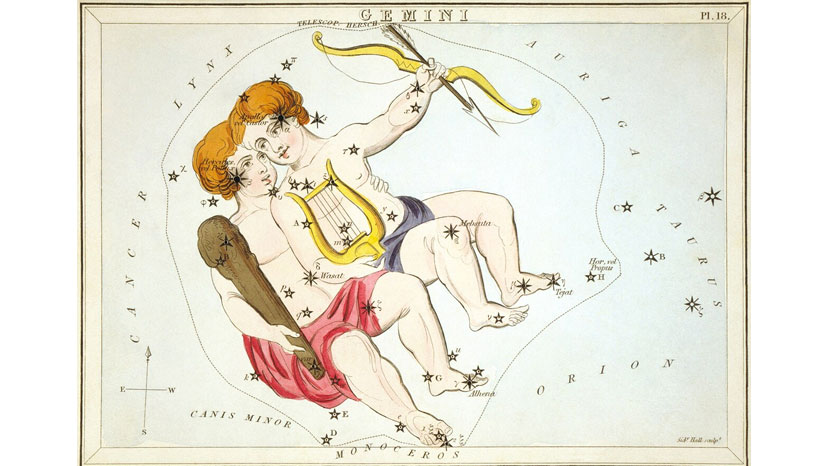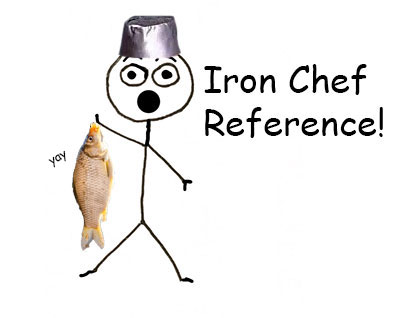
Just in time, here are some tips for writing holiday cards and letters.
The winter holidays are a time for togetherness, a time to stop thinking about “I” and start thinking about “we.” In practice, this might mean writing holiday cards or letters from the entire family, or at least both members of a couple.
That puts us in an unfamiliar situation. We’re used to speaking and writing as individuals; writing from the whole family means navigating some quirks of grammar and spelling. But as the angels in the old Christmas carols like to say, fear not! Your friends at ProofreadingPal are here to help.
Get a free sample proofread and edit for your English document.
Two professional proofreaders will proofread and edit your English document.
Pluralizing Family Names
Let’s start with an easy topic, or at least a topic that should be an easy one, although folks seem to have a devil of a time with it: pluralizing your surname.
“Merry Christmas from the Smiths.” “Happy holidays from the Andersons.” These are perfectly straightforward, right? And yet there’s always somebody who flubs it and adorns their surname with an apostrophe, which is as unwelcome as a lump of coal in a stocking.
The rules for pluralization are simple: Use an -s if your name ends with a vowel or a voiced consonant. The usual consonants and vowels don’t seem to cause much confusion. Folks seem to understand intuitively that (say) the Franklin family becomes “the Franklins,” and so on” the Scaramuccis, the Abbouds, the McKenzies, the Morimotos.

In that last one, note that the -es convention for pluralizing certain -o words like potatoes and heroes does not apply to proper names. Indeed, irregular plurals in general do not apply. “The Goodman family” becomes “the Goodmans,” not the Goodmen. In the same way, it would be “Greenleafs,” not Greenleaves, and “Proudfoots” rather than “Proudfeet,” the writings of J.R.R. Tolkien notwithstanding.
The confusion, though, seems to come from names that end in sibilants like -s, -z, or -x. Perhaps in the mistaken belief that it’s already plural, a name as common as Jones too often gets mangled as Jones’ or Jones’s instead of the proper “Joneses.” Use the -es to pluralize any surname ending in a sibilant consonant—that is, an -s or -z sound—or an unvoiced consonant like -sh or a soft -ch:
In other words, the rules for pluralizing family names are the same as for any other noun; use -s or -es as appropriate, but never, ever use an apostrophe-s! (If your surname has an apostrophe to begin with, like O’Brien or d’Angelo, of course, it will stay in its customary place.)
Joint Possessives
The holidays are a time for caring, and caring means sharing, and sharing means occasionally plunging into the grammatical thicket of joint possessives (i.e., the pronouns that apply when speaking of something collectively owned by two or more people).
It’s a thorny topic, and it trips up even many well-educated native speakers in daily speech: We find ourselves saying things like, “Why don’t you stop by Joyce and I’s house for a drink?” or, “Tommy twisted his ankle, so he couldn’t ride on him and Janey’s new toboggan.” These constructions are plainly incorrect, but because we only infrequently have cause to use joint possessives in conversation, we never master the proper forms, and so we just (in the words of a favorite holiday song) muddle through somehow.
You can say whatever you want in casual speech, so long as all parties understand each other. But if you’re expressing those same sentiments in written form, as in a holiday card or letter, you’ll want to be a little more formal. Luckily, it only takes a little patience and street sense to break this grammatical conundrum down in logical fashion.
Let’s go back to little Tommy and Janey and the new toboggan they share. It belongs to each of them separately. It is Tommy’s toboggan, and it is Janey’s toboggan. But they also own it jointly. It is Tommy and Janey’s toboggan. The duo are a joint entity called “Tommy and Janey,” as if they were a singing group or Wall Street brokerage, when the possessive is an adjective modifying the subject or object of a sentence.
But what about “Tommy’s and Janey’s,” you may ask?
The Chicago Manual of Style (7.23) says it best: “When the thing being ‘possessed’ is the same for both, only the second element takes the possessive form.” However, “When the things possessed are discrete, both nouns take the possessive form.”
Thus, it would be to be “Tommy’s and Janey’s toboggans.”
We run into another snag when only one of the two (that is, either Tommy or Janey) is the subject of the sentence. Reconsider poor Tommy and his twisted ankle. On whose toboggan was he denied a ride?
Remember, joint property is also owned by each party separately. Break down what the sentence is saying, considering each owner individually:
Both are partly accurate, but because the toboggan belongs to both jointly, we combine the two for the full version:
“Janey and his” would also be correct. The same principle applies to other knotty joint possessive constructions:
Thanks for another great year of writing this blog. Enjoy the holidays, and be careful in the snow and ice. You wouldn’t want to twist your ankle!
Jack F.
Get a free sample proofread and edit for your English document.
Two professional proofreaders will proofread and edit your English document.
Get a free sample proofread and edit for your document.
Two professional proofreaders will proofread and edit your document.
We will get your free sample back in three to six hours!